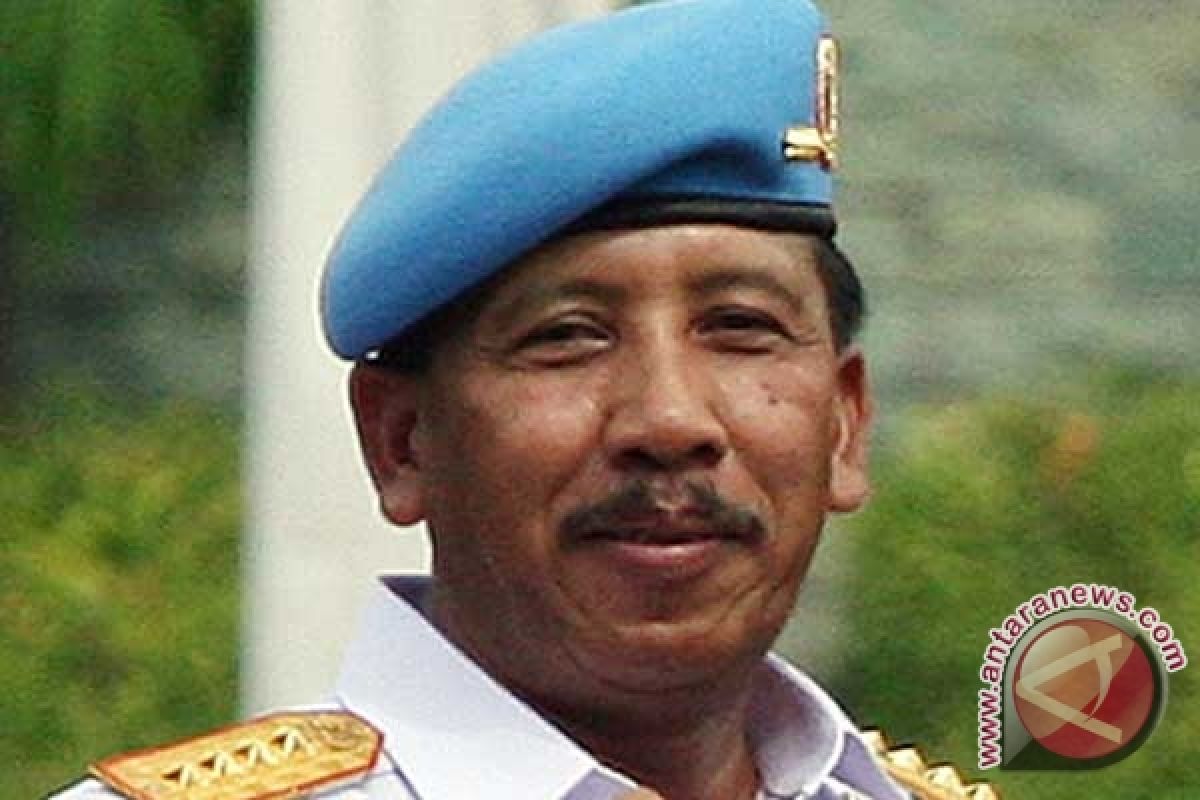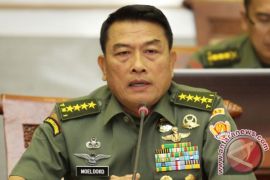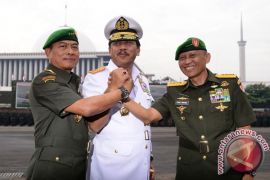"A stable Asean in terms of defense, security and economy will enable ASEAN to address upheavals happening in several regions such as South Asia, East Asia and the rest of the world."Jakarta (ANTARA News) - National Defense Forces (TNI) Chief Admiral Agus Suhartono has asked ASEAN member states to anticipate the worsening global stability or face its impact on the region.
"A stable Asean in terms of defense, security and economy will enable Asean to address upheavals happening in several regions such as South Asia, East Asia and the rest of the world," he said when opening the 4th meeting of the Network of Asean Defence and Security Institutions (NADI) here on Tuesday.
The worsening security conditions in South Asia, particularly Afghanistan and Pakistan, East Asia, particularly the Korean Peninsula, and conflicts in a number of Middle Eastern countries would have an impact on other regions in the world, he said.
"Therefore, Asean defense and security experts grouped in NADI must be able to come up with anticipatory and strategic steps in various forms to address the worsening global security conditions which have begun to affect several parts of the world," he said.
He said the sources of conflicts had varied considerably. They concerned not only border disputes but also terrorism and transnational crimes. The sources of conflicts had given rise to wider and more serious conflicts.
To make thing worse, non-state players such as the media, civilized communities, non-governmental organizations, large companies and influential individuals had succeeded in changing global strategic order, he said.
Citing an example, he said a handful of people grouped in Wikileaks had caused difficulties to a number of countries because of the information they disseminated. The unconfirmed information could have an impact on regional security and political stability, he said.
"Therefore, NADI as a research institute in the defence and security fields can present the results of studies capable of anticipating any form of threat to regional stability," he said.
He said both traditional and non-traditional threats to regional security came from a number of big powers outside Asean such as the United States, China, Japan and South Korea.
"The big powers will always spread their influences in the political, defence, military and security fields to other Asia-Pacific countries now that the Asia-Pacific region serves as the center of attention from the global community," he said.
(T.R018/S012/HAJM)
Editor: Priyambodo RH
Copyright © ANTARA 2011











